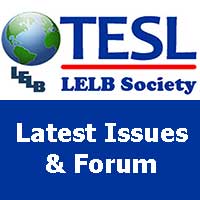Sociocultural Theory in Language Learning | TESL Issues
Sociocultural Theory in Language Learning Sociocultural theory is based on work by the Russian psychologist, Vygotsky, and represents a fundamentally different way of looking at language and learning. Sociocultural theory is grounded in the ontology of the social individual. A sociocultural approach considers language and, by extension, second language acquisition as contextually situated and is…
